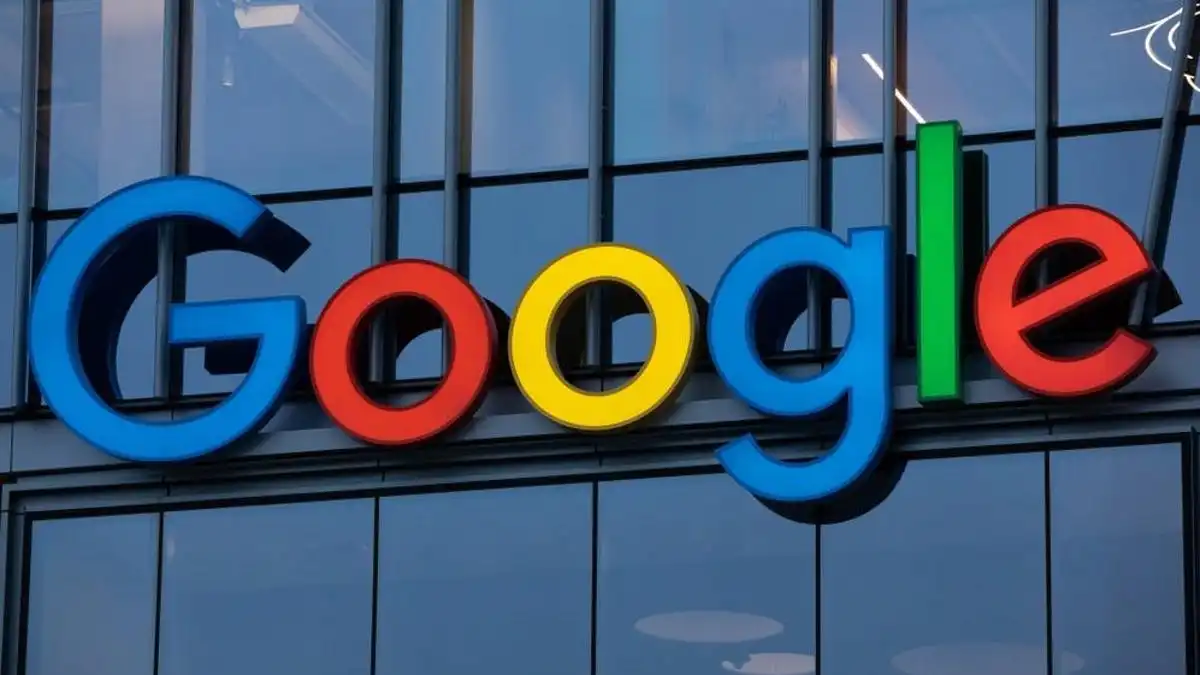'Benefits of Slavery:' Google's AI Search Gives Absurd, Wrong Answers
'Benefits of Slavery:' Google's AI Search Gives Absurd, Wrong Answers

gizmodo.com
'Benefits of Slavery:' Google's AI Search Gives Absurd, Wrong Answers

'Benefits of Slavery:' Google's AI Search Gives Absurd, Wrong Answers

'Benefits of Slavery:' Google's AI Search Gives Absurd, Wrong Answers
